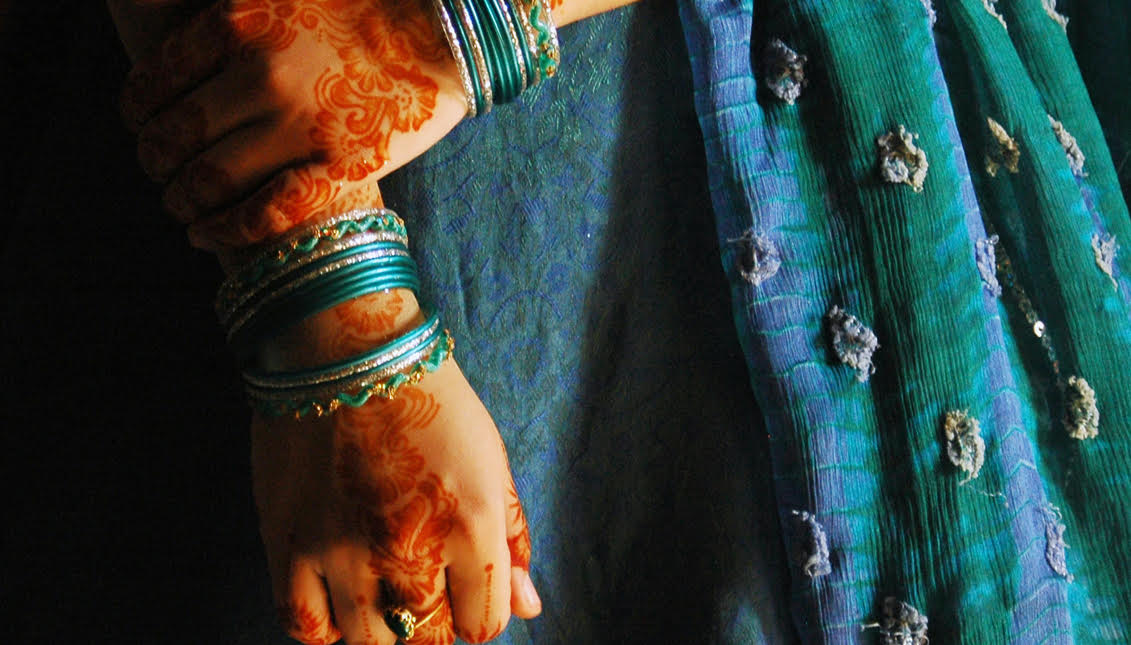
A feminist spring in Egypt? Women fight sexual predators using social media
The #MeToo movement looks to finally be breaking some long-standing gender norms in the African country.
In June, 29-year-old Egyptian writer and activist, Sabah Khodir, helped launch a digital #MeToo movement for Egyptian women and girls to share their stories of being sexually harassed or assaulted by Ahmed Bassam Zaki.
Zaki is a 22-year-old student from a well-connected family that was attending one of Egypt’s most elite universities, American University in Cairo. Normally, Zaki’s family could easily make allegations like this disappear, but women in Egypt decided that Zaki’s habitual behavior of causing harm needed to come to an end.
The stories shared about Zaki showed a disturbing manipulative pattern. He would pressure girls into talking to him, meeting up, sending him suggestive photos and engaging in sexual relations with him. If he wasn’t satisfied or wanted to end things, he would stalk, bully and humiliate them, and threaten to send the photos to their families and members of the community.
Because Egypt is a Muslim-majority country, girls do not have much sexual freedom or even knowledge. Consent isn’t generally taught or emphasized, and being slut-shamed or even sharing an experience of sexual assault would bring shame onto the family and could lead to an “honor killing.”
Khodir created the Instagram account Assault Police to give women and girls a platform to anonymously share their experiences with Zaki.
After only 12 hours, hundreds of women and girls, some as young as 13, had reached out with screenshots of WhatsApp conversations, voice notes and photos.
The administrator of the account, who wished to remain anonymous, has received threats of legal action, kidnapping and death, as well as pornographic descriptions of what would happen to her if she continued managing the account.
“It was just an inevitable reaction to our society’s denial of someone like Ahmed Bassam’s horrible actions, because for years the girls in the community have been trying, screaming and speaking out. And they’ve been silenced,” she said.
Three days after the account went up, on July 4, police arrested Zaki at his home in a gated community outside Cairo.
The quick and public arrest of Zaki illustrates a major shift in the country’s treatment of these kinds of cases. He was charged with harassing and assaulting multiple women, but according to the Public Prosecution Office, has only confessed to harassing and threatening them.
Award-winning columnist and public speaker, Mona Eltahawy, said she was pleasantly surprised to see Zaki’s situation transpire so quickly.
RELATED CONTENT
“I have never in my life seen so many Egyptian women and girls speaking out about sexual violence and so unabashedbly, unashamedly exposing sexual predators,” she told Ms.
Egypt’s top Islamic leadership, including grand Mufti Shawki Allam and the Grand Imam of Al-Azhar Mosque Sheikh Ahmed al-Tayeb, released a statement following the announcement of Zaki’s arrest and investigation into the cases.
“Silence or turning a blind eye to these crimes threatens the security of society and encourages violations,” they said. “Women’s clothing, whatever it may be, is not an excuse for attacking her privacy, freedom and dignity.”
It seems as if the long overdue cultural revolution has begun. Advocates are hoping that the case will help shift attitudes in Egypt, which only made sexual harassment illegal in 2014.
Mona Eltahawy put it best in her book Headscarves and Hymens: Why the Middle East Needs a Sexual Revolution.
“Why were women alone responsible for sheltering men from the sexual desires women supposedly elicited in men? Why could men not control themselves? Why, if men were the ones being tempted, were they not the ones being policed?,” she wrote.











LEAVE A COMMENT:
Join the discussion! Leave a comment.